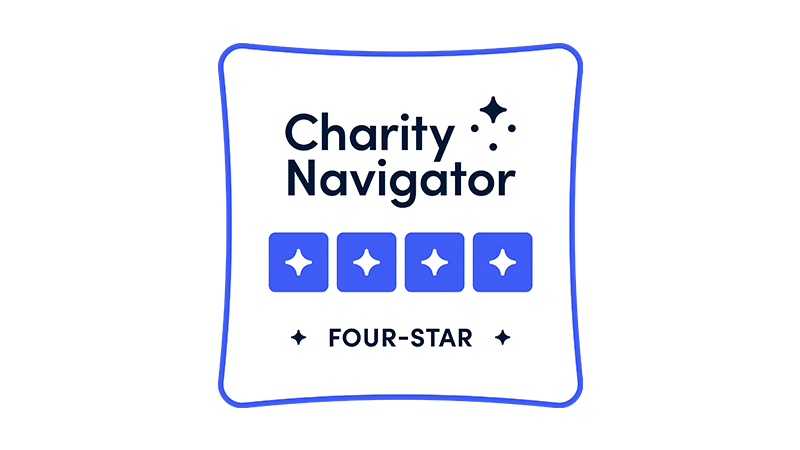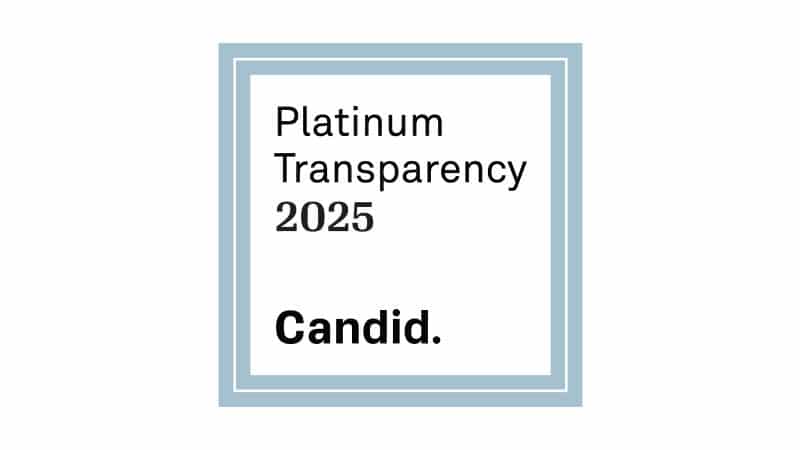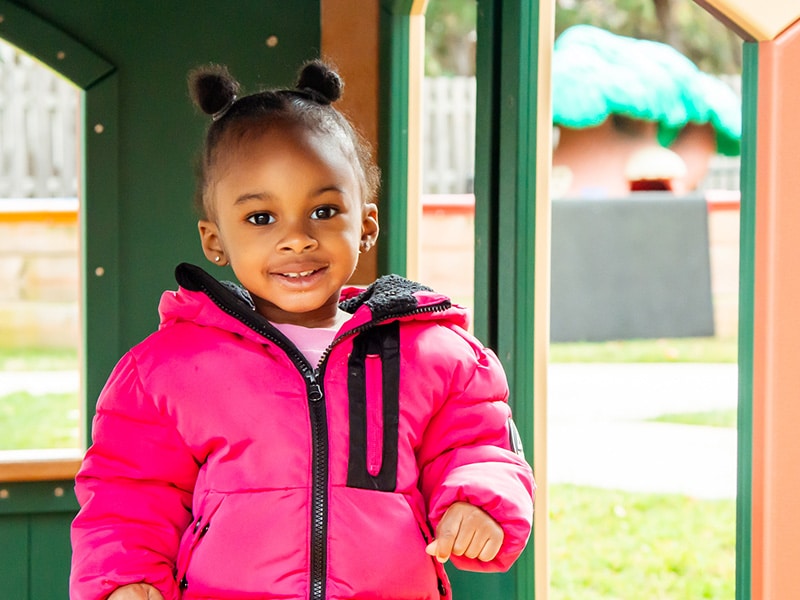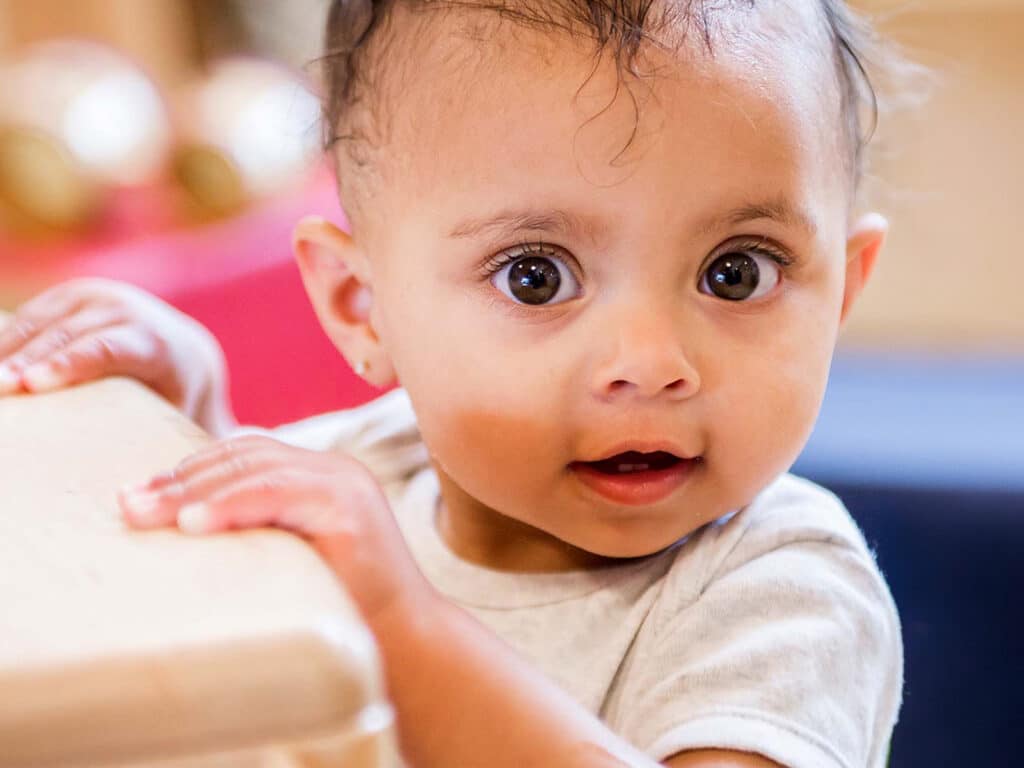
Invest in Early Learning
The first five years shape a child's future. As the nation's leading early childhood charity, Start Early, is committed to providing inclusive access to quality early learning for children living in under-resourced communities.
Our Impact & Focus Areas
Our Blog & Featured News
Start early and change the future. Stories of need and hope. Stories to inform and inspire.
Champions for Early Learning
We work directly with children and families, support and train the early childhood workforce, and partner at the local, state, and federal levels to ensure policies put families first.
Our Impact in Action
See firsthand how Start Early’s early learning programs help families build a strong foundation for their children to thrive.
An Organization You Can Trust
As an early learning charity that serves children and families in Chicago and communities across the country, Start Early is proud to have received the highest rankings from the nation’s most reputable charity evaluators and provide the most impact with your gift.
Help Make Dreams Become a Reality
From big dreams to bright futures, anything is possible with quality early learning. With your help, we can ensure that every child has the opportunity to reach their full potential.
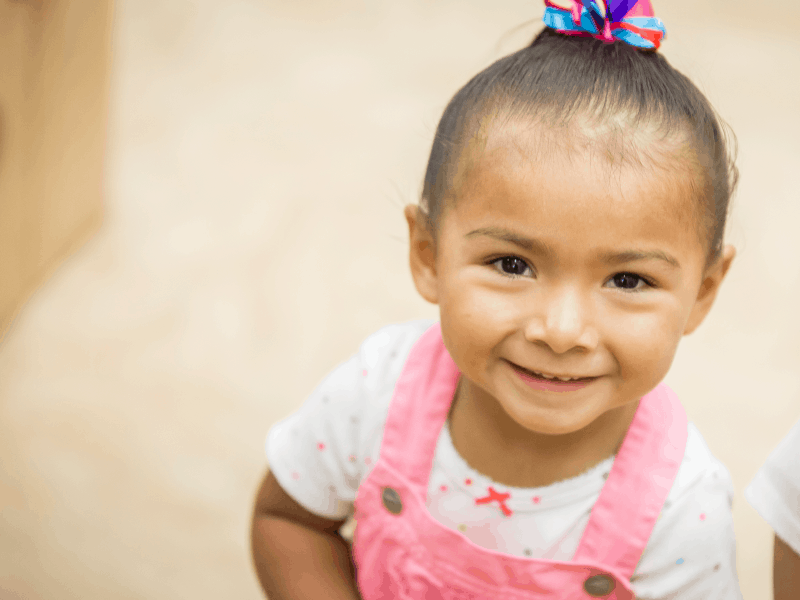
Take Action
Raise your voice and encourage lawmakers to prioritize early learning and care at local, state and federal levels.
Support Our Work
Together, when we start early, we can close the opportunity gap and ensure every child has a chance to reach their full potential.
Resources for Professionals
From interactive courses to engaging events, we support educators in building powerful practices that transform teaching and learning.

